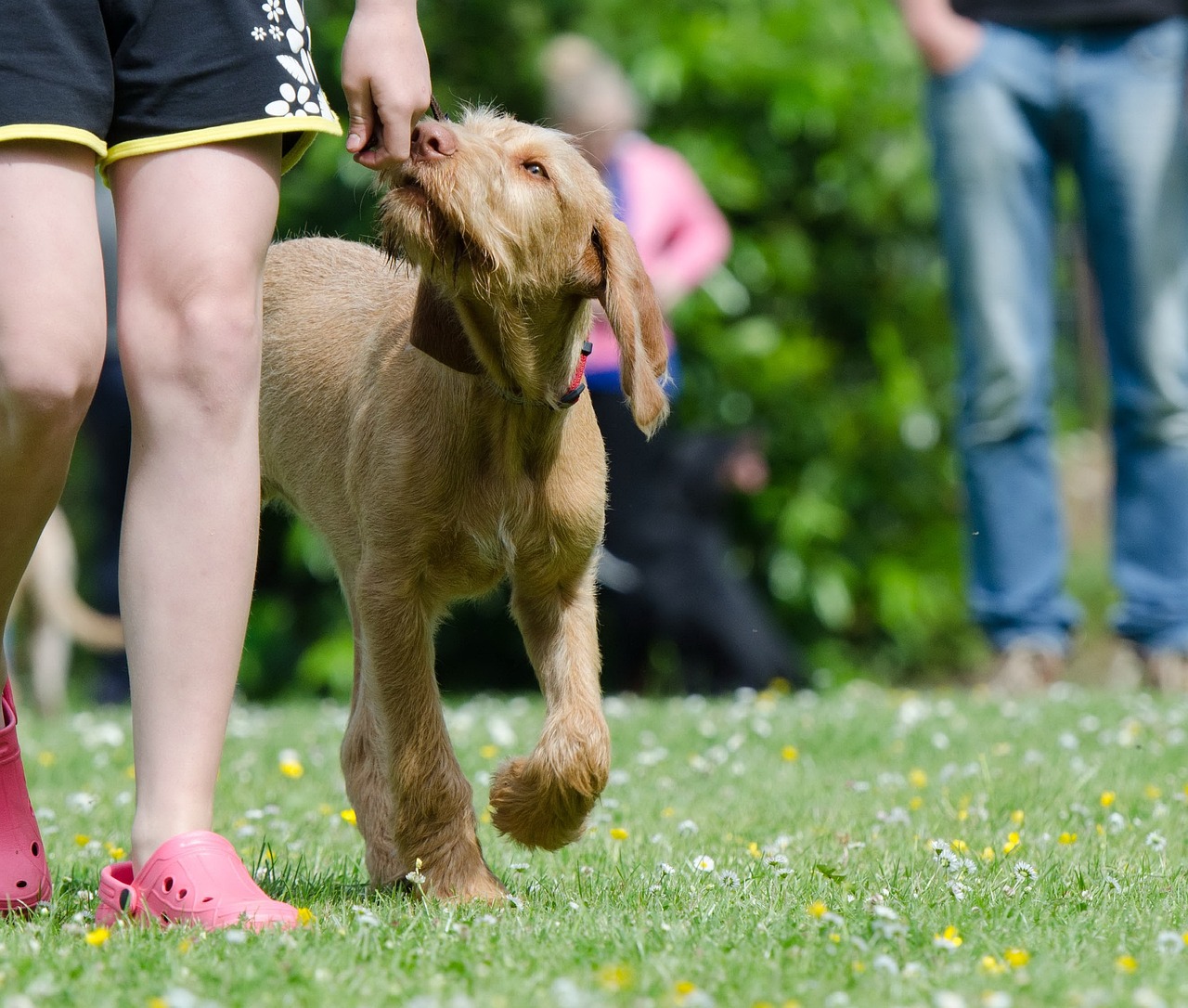Getting a new dog means there is a lot of training that you have to do to get them to behave. Not all dog owners are aware of the right practices or are ready to train their puppy. Here are some common training mistakes made that you want to avoid.
Create The Correct Expectations
When you first get a dog or puppy, you have to make sure that you taper your expectations. The fact is, that your dog won’t know anything when it comes to the right behaviors when they first come home. Although different dogs will have different personalities, much like humans, they all must be raised in order to learn what is right and how to act. Some puppies may be easier to teach, some may be less excitable, as well as have a wide variety of different characteristics that will come into play shaping how they act and behave as they get older. As a new owner, the first thing you should do is to have realistic expectations when it comes to training your puppy and dog, having patience and understanding exactly how to react under different circumstances.
Setting Boundaries And Staying Disciplined
Early on, your puppy or dog may be timid when you first introduce them into the home. This is because they want to get their bearings and become comfortable with the environment. Once they become acclimated with their surroundings, they will be more investigative and curious, exploring around your home and having more energy to do so. This is natural and you want to be aware of this to ensure that you are mindful and watchful of them. You may think the first couple of weeks were simple, and because they are now familiarized and exploring more, you might associate that with poor behavior, which it isn’t. It is wise to start your puppy off with dog training programs to ensure that they develop good behaviors early, and are not developing bad habits that you then have to retrain. Keep in mind that as the dog ages, identifying and adjusting to its behavior will allow you to succeed in your dog training.
Using Their Name Without Purpose
When new dog owners get a new pet, they often spend an extensive amount of training using their names in a wide variety of ways. It might feel natural to want to use their names in all sorts of scenarios, but then this translates to confusion, as the dog is associating their name with different actions or commands. One thing to consider is to have your puppy come to you or turn to you when you call out their name, rewarding them every time to ensure they are learning and associating properly. By rewarding them as well as utilizing direction, you are teaching them to respond and giving value to their name.
Not Knowing How To Adjust When Making Mistakes
If your puppy is making mistakes that are common during the learning process of its growth, this is natural. You need to ensure that you are doing the right things in response to when your dog may not be acting as you want them to while you are training them. It is a good idea to have a plan of action of what to do when they are not responding. For example, if your puppy is not responding to their name, you want to change how you are approaching their training. If you continue to call them despite them being distracted, not being attentive, and otherwise not giving you the appropriate response, the value of their name weakens and they won’t be as responsive down the road. Be prepared for unpredictable behavior and understand how to change things up.

Not Enough Practice
One mistake that many people make is that they do not always spend the amount of time to properly train their pets. Getting dogs to follow commands takes constant repetition and practice in order to engrain certain words and phrases with actions. Owners make the mistake of not spending enough time on certain commands and tricks, assuming that once they have completed the asked task a few times, they can move on to the next command. This may work for a short time that you are training them, but can easily be forgotten the next week. Make sure you are training your puppy for long periods of time in order to fully develop their behaviors and habits.
Not Changing Sceneries
It is important that when you are training, you change up the environment. Many new pet owners will dedicate certain spaces to train their dogs, whether that is in the park or in their homes. It is important that you train your dog in different settings, to ensure their behaviors translate no matter what distractions are around them.
If you train your puppy properly, understanding how to go about things the right way, you will spend less time having to reteach them. You want to ensure that you instill good habits early on and that way you avoid the frustration and struggle of training a dog.








Leave a Reply